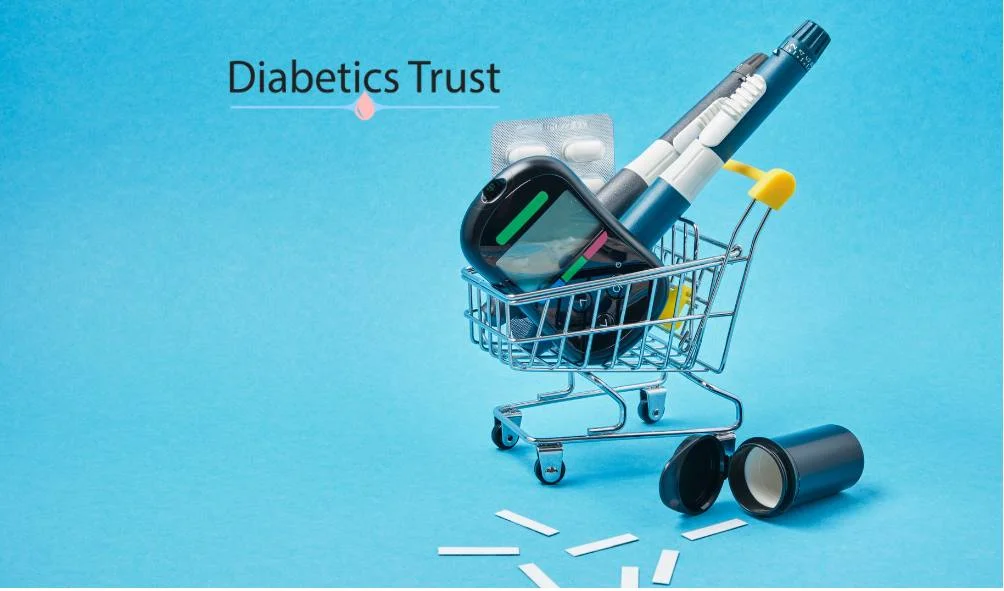Hello there, fellow residents of our beautiful state. As part of our ongoing mission to provide reliable and useful information about diabetes management, we think it’s crucial to address some common myths and misconceptions about diabetic test strips.
These small yet significant tools play a critical role in maintaining a healthy lifestyle for those of us with diabetes. In cities across our state, from Boise to Idaho Falls, Pocatello to Coeur d’Alene, people are selling their unused diabetic test strips, helping to meet the needs of our community.
Myth 1: All Diabetic Test Strips Are the Same
The first misconception we often hear is that all diabetic test strips are the same. However, that’s far from the truth. There are indeed various types of test strips available on the market, each designed to be compatible with different models of glucose meters.
They come in diverse sizes, shapes, and features, with some offering faster results or requiring smaller blood samples. So, it’s essential to use the test strip compatible with your glucose meter to ensure accurate readings.
Myth 2: Diabetic Test Strips Don’t Expire
Contrary to popular belief, diabetic test strips do expire. Each strip contains chemicals that react with glucose in the blood, and these chemicals can degrade over time. Using expired test strips can lead to inaccurate readings, potentially causing health issues.
It’s essential to check the expiration date on the box and make sure your test strips are stored correctly to maintain their effectiveness.
Myth 3: More Expensive Test Strips Give Better Results
There’s a common assumption that pricier diabetic test strips are more accurate or reliable. However, cost doesn’t necessarily equate to higher quality in this case. Many affordable test strips on the market offer accurate results.
The key is to choose test strips that are compatible with your glucose meter and meet your personal needs, such as the readability of the results, the size of the test strip, or the amount of blood sample required.

Myth 4: You Can’t Sell Unused Test Strips
Many people are surprised to learn that they can indeed sell their unused diabetic test strips. Not only is it legal, but it’s also a great way to help others in your community who may be in need.
Our platform, DiabeticsTrust.com, is dedicated to buying your extra test strips, providing a simple way for you to turn unneeded supplies into cash while helping others.
The market for Diabetic Test Strips in Our State’s Cities
There’s a significant demand for unused diabetic test strips in our state, especially in major cities like Boise, Nampa, and Meridian. By selling your extra supplies, you can contribute to this critical market, ensuring that your neighbors can manage their health effectively and affordably.
Conclusion
In conclusion, understanding the truth about diabetic test strips is critical to effective diabetes management. It’s also important to know that you can sell your unused test strips, benefiting both you and our community.
We hope that this article has helped debunk some common myths about diabetic test strips. If you have extra supplies lying around, consider selling them on our platform, DiabeticsTrust.com, where we buy all your extra diabetic test strips.
Remember, every small step we take contributes to the bigger picture of a healthier community.

